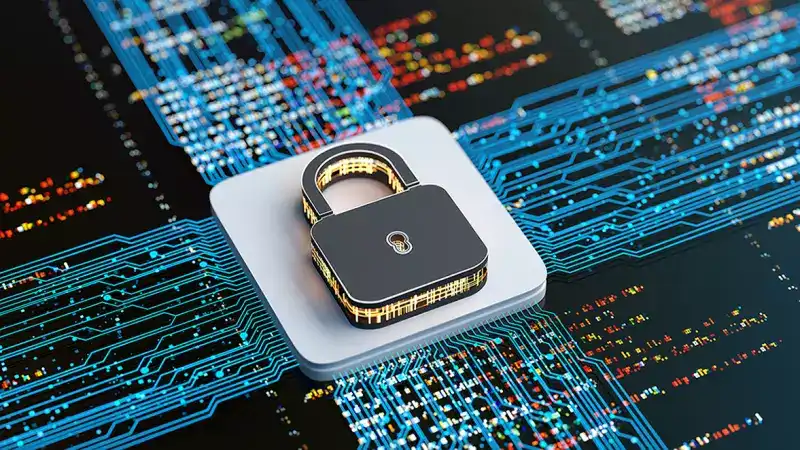In a world where technology shapes almost every part of our lives, privacy has become one of the most valuable—and vulnerable—assets we have. Even Sam Altman, CEO of OpenAI, recently reminded users to be cautious about sharing sensitive information with AI tools like ChatGPT. His warning underscores a growing truth: as software increasingly replaces face-to-face interaction, our trust in digital communication continues to erode.
Algorithms, data-driven platforms, and autonomous systems now dominate how we connect and communicate. Amid this transformation, encryption stands as one of the last strongholds of digital security—safeguarding everything from private messages to bank accounts.
The Rising Threat to Encryption
Despite its importance, encryption is under threat. The European Commission’s proposed ProtectEU initiative aims to allow service providers to scan users’ private communications before they are encrypted. While framed as a safety measure, this approach effectively breaks end-to-end encryption, exposing personal data to potential misuse, surveillance, and cyberattacks.
Such a move would create a two-tier privacy system: one where governments and corporations maintain strong encryption, while ordinary people are left vulnerable. In practice, it means that the state could keep its communications secure while the public loses that same right—a dangerous imbalance that undermines trust in the digital ecosystem.
Why Strong Encryption Matters for Everyone
Encryption isn’t just a technical feature—it’s the backbone of modern freedom and security. It protects journalists, activists, businesses, and everyday citizens from prying eyes. Without it, our digital lives become open books, easily read and exploited by hackers or overreaching authorities.
In an era marked by increasing surveillance, data breaches, and cybercrime, weakening encryption is not the solution. Instead, governments and tech companies must work together to preserve strong, universal encryption standards that protect all users equally.
The future of our digital rights and personal freedom depends on maintaining privacy as a fundamental principle—not a privilege for the few.



